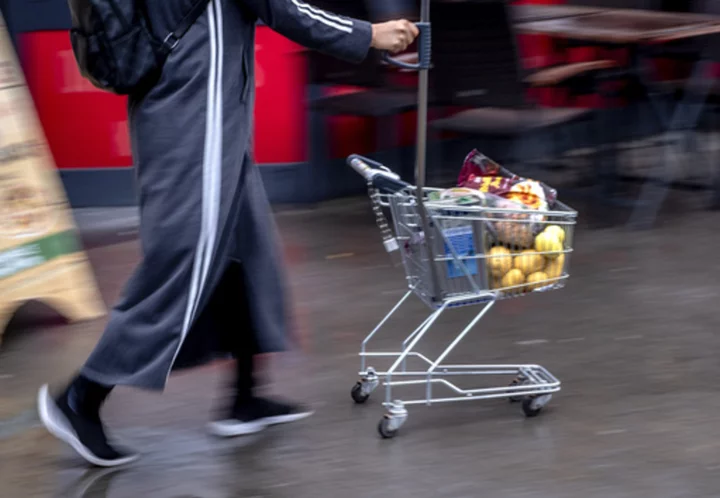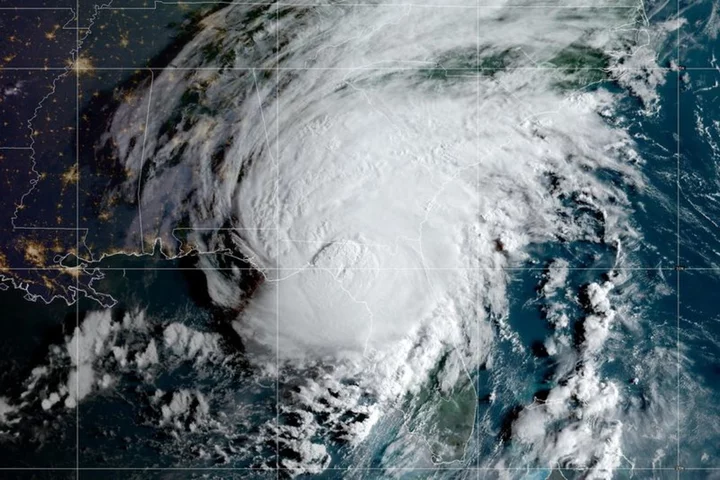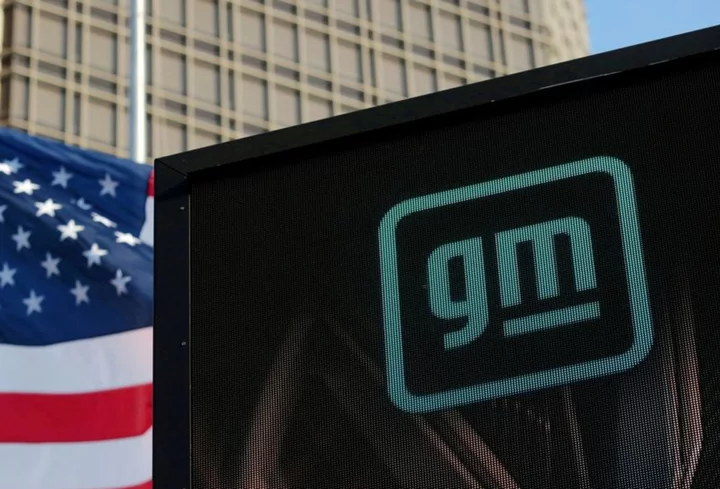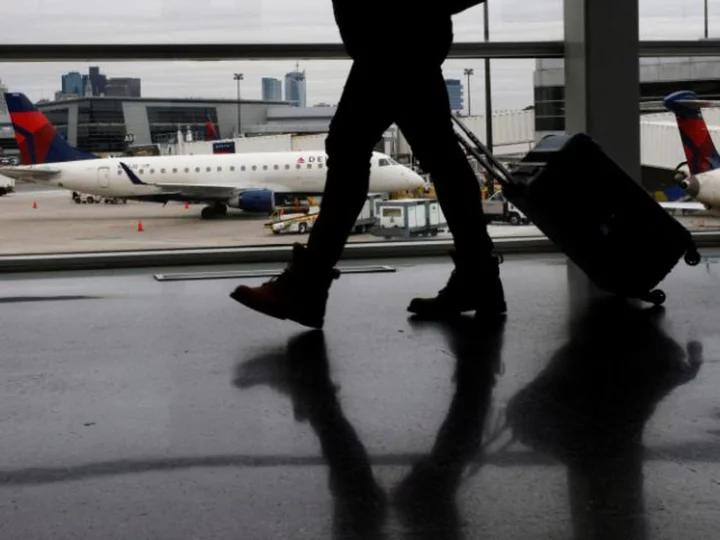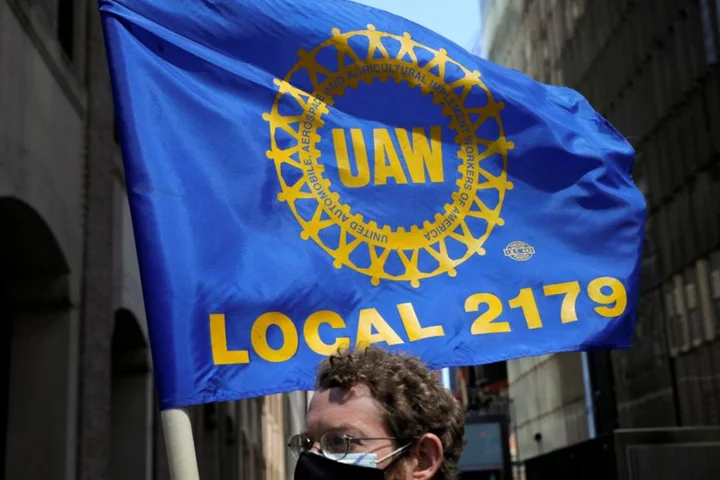By Lisa Baertlein and Priyamvada C
United Parcel Service on Wednesday said it would return to the bargaining table with a better offer for roughly 340,000 Teamsters-represented U.S. workers, in a bid to avert a potentially economically damaging strike on Aug. 1.
"We are prepared to increase our industry-leading pay and benefits, but need to work quickly to finalize a fair deal that provides certainty for our customers, our employees and businesses across the country," UPS said in a statement.
The union said the world's largest delivery company contacted it on Wednesday with an offer to resume talks next week, the International Brotherhood of Teamsters said in a statement on Twitter.
Talks broke down on July 5, with each side blaming the other.
A key sticking point in the talks is pay increases for experienced part-time workers who are making roughly the same or even less than new hires because starting wages jumped due to the labor shortage in the last few years.
Any disruption to the business of UPS would be broadly felt because the company handles about 20 million packages a day - about quarter of the parcel shipments in the United States. Those include deliveries for online retailers like Amazon.com, high-value prescription drugs for doctors and hospitals, and inventory for millions of other large and small businesses.
A strike could be one of the costliest in at least a century, with the impact of a 10-day strike topping $7 billion, according to one think tank.
UPS pilots, who belong to a different union, would also stop flying in solidarity with the striking workers.
The Teamsters have been holding "practice pickets" in major cities around the country to keep pressure on UPS.
Despite all of the noise and hand-wringing, many transportation executives and analysts believe the two sides will reach a deal before the deadline.
That's because each side depends on the other.
UPS called its skilled and loyal Teamster employees a competitive advantage early in the pandemic, when orders of everything from home work stations and exercise stations to sofas and large TVs overwhelmed delivery companies.
On the other hand, UPS is the largest employer of Teamsters at a time when unions are fighting to grow.
Meanwhile, Teamsters leader Sean O'Brien told Reuters last week he has asked President Joe Biden not to intervene in the talks, even as retail groups and other interested parties push for the administration to weigh in.
"We believe an August 1 strike at UPS remains possible but not yet probable," Susquehanna analyst Bascome Majors said in a client note. "Official news that Teamsters-UPS negotiations restart next week after a 2.5-week break clears a path to 'get to yes' before the deadline."
(Reporting by Lisa Baertlein in Los Angeles, Priyamvada C in Bengaluru and David Shepardson in Washington; Editing by Chris Reese and Josie Kao)


